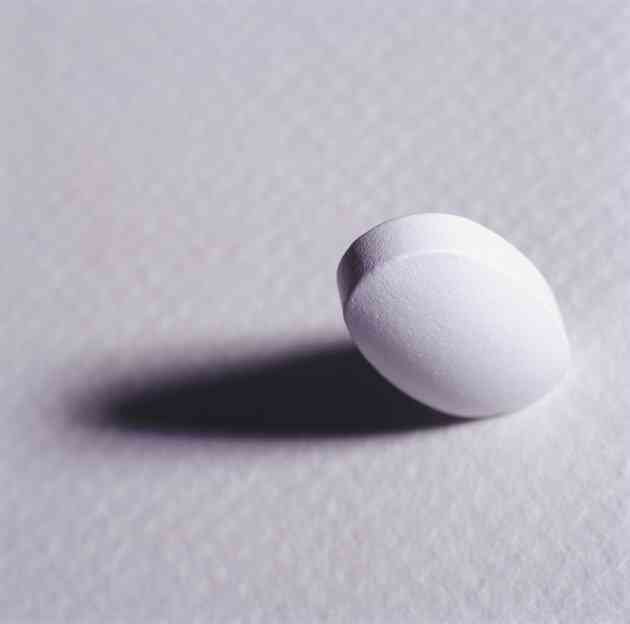Zinc & Puberty

Zinc is especially important during puberty because it is vital to normal growth and development. Your teenager should be getting adequate amounts of zinc through his diet, since it is readily available in several food sources. If you're concerned about your teen's zinc intake, adding a multivitamin to his diet can help increase his zinc stores. As with any over-the-counter supplement, inform your physician before taking zinc, since it may have adverse effects or interact with other medications.

Importance During Puberty
Zinc plays an array of vital roles to support normal growth. You need zinc to synthesize complex protein molecules into simpler amino acids that support brain function, as well as support muscle tissue growth and repair. Zinc helps cells divide, which happens quickly and frequently during puberty, while it also builds and repairs DNA, the genetic material at the heart of all cells. Additionally, this powerful trace mineral speeds up reactions of about 100 enzymes, some of them important for digestion of foods for energy.
Proper Dose
Knowing the proper intake of zinc for your growing teenager is essential to ensure that they get the right amount. Between the ages of 9 and 13 years of age, both boys and girls need 8 milligrams of zinc daily, the U.S. Food and Nutrition Board states. As your teen ages, this amount increases. Your son needs 11 milligrams after age 14 and through adulthood, while your teenage daughter requires 9 milligrams between 14 and 18 years of age. This amount decreases slightly to 8 milligrams when her growth spurt slows down, around age 18.
Zinc Deficiency
Zinc deficiency can retard growth during puberty and delay sexual maturation, says the National Institutes of Health Office of Dietary Supplements. Having a deficiency is rare in the United States, since zinc is available in so many foods, such as poultry, beef, dairy, nuts and fortified breakfast cereal. Early warning signs of a zinc deficiency include loss of appetite, poor wound healing and a weak immune system, resulting in frequent illness. In its more severe state, you may notice diarrhea, hair loss and brittle nails. Since these are general symptoms that can apply to a variety of deficiencies or illnesses, check with your doctor to rule out a zinc deficiency.
Additional Information
A study conducted by researchers at the Erciyes University Medical School in Turkey and published in the "Hormones" journal in 2007 evaluated the complete effects of a zinc deficiency on a 19-year-old boy. The research participant had a diagnosis of a zinc deficiency, causing short stature, delayed developmental growth and hypogonadism, or decreased hormone production by the sex glands. Researchers gave the participant 50 milligrams of zinc daily for six months. At the end of the study, the research participant gained weight, grew in height, had increased testicular volume and had more hair on his pubic region, as well as on his scalp. Researchers concluded that while zinc deficiency is rare, it should be evaluated in patients with poor growth. Treating zinc deficiency with daily supplements can help resolve issues related to growth retardation.




